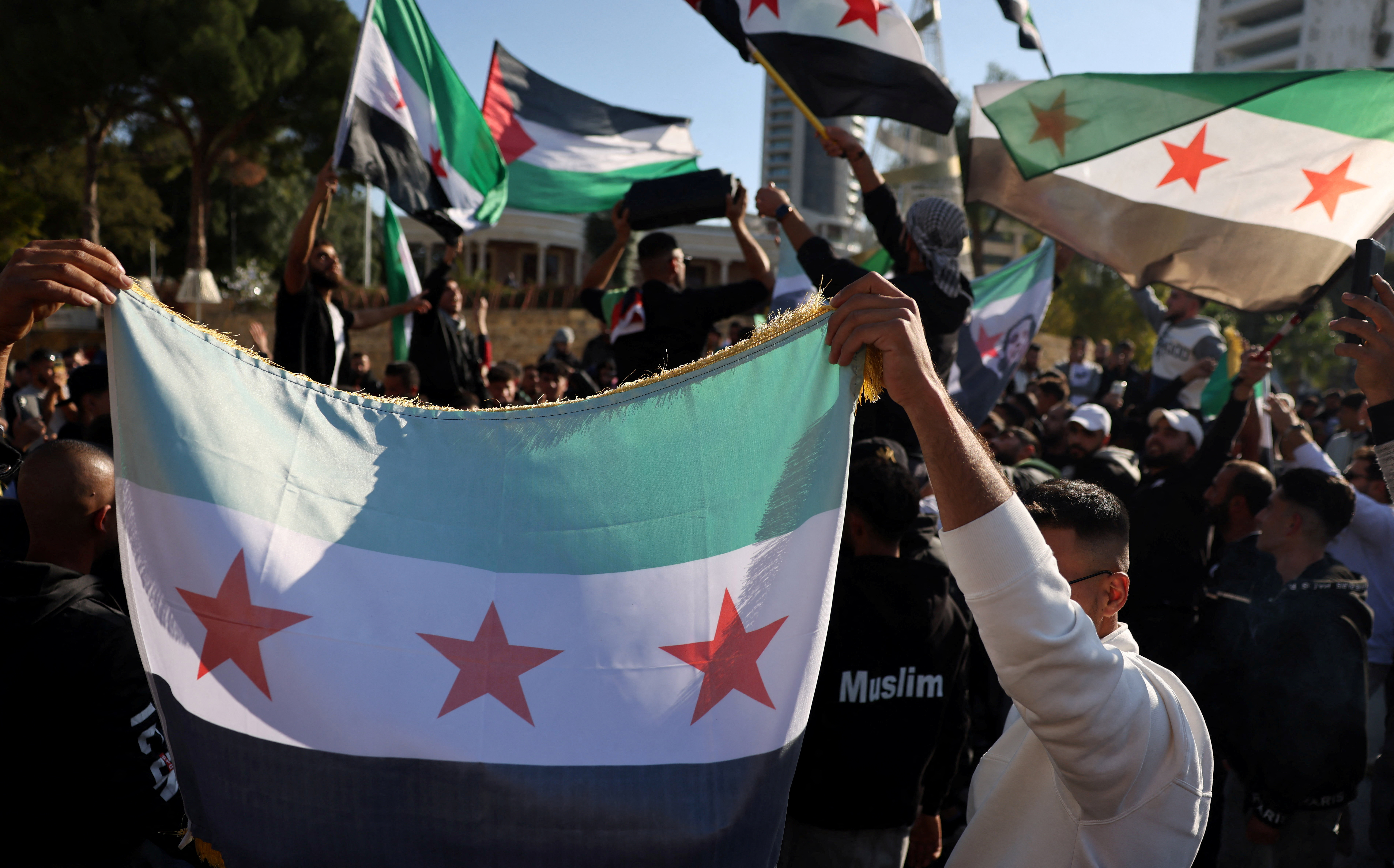Most Syrians want to see what the future holds for the country before going back
Syrians in Paphos are closely following developments in their home country but are not in any rush to repatriate, sources have told the Cyprus Mail, despite the deputy migration minister’s statements that some had withdrawn their asylum applications.
Around 110 Syrians had withdrawn pending asylum applications or had renounced their subsidiary protection status by Thursday.
Syrian refugees or with legal subsidiary protection status are now estimated to have risen to 14,000.
The Cyprus chamber of commerce earlier this week addressed fears of a mass exodus of Syrian construction workers, which it had said would create a vacuum in the already understaffed industry, which would need to be “immediately” filled.
However, after original euphoria over the lightning-strike ouster of Bashar al-Assad – generally despised among those who chose to flee to Cyprus – the island’s Syrians perhaps in their majority, are watching closely and carefully, to ascertain to what degree incoming rebel leader Ahmad al-Sharaa, better known as Abu Mohammed al-Golani, can be trusted.
The hope is there but people are waiting it out to see if al-Golani will manage to indeed establish a lasting peace and a broad support base in the country.
“It all depends on his true intentions and whether or not Syria will be given the financial means to rebuild,” said 47-year-old Ali, a Cypriot resident of Paphos district of Kurdish Syrian descent.
“On the one hand it is positive that [al-Golani] seems to be supported by neighbouring states, like Saudi Arabia, and is speaking about unity and peace. On the other, most people appointed by him are ex-jihadis and he has not appointed any Kurds, Christians or secular Muslims to his team, to establish any credibility,” he said.
Ali himself, a business owner who has lived in Cyprus for 20 years, has no intention of permanently returning to Syria any time soon – if ever. His three children and his wife all hold Cypriot citizenship, speak fluent Greek, and one son recently completed his army service on the island.
“Even if peace prevails – and it’s a big if at the moment – it will take years for Syria to be rebuilt enough to support the average person, at best five to ten,” he points out.
Word on the street is that even single Syrian men, without official work in Cyprus, may not have any genuine motivation to return, or see prospects opening up for them for some time, no matter how positively they view Assad’s removal.
And the speed at which the country manages to rebuild depends largely on whether Arab states will be willing to finance the task – as Saudi Arabia had done for Lebanon in the past.
“How can I return to Aleppo?” asked 29-year-old mother-of-five, Reem who has lived in a village in Paphos for nine years. “In Syria there are no hospitals, no schools, no jobs, no food! One of my children suffers from [ a chronic illness] and the kids are doing well in school. They read and write in Greek, they may speak Arabic, but they don’t write it.”
Reem recounts having arrived by sea route with her first child, then a three-year-old in tow, to join her husband.
The language barrier makes the details of the journey sketchy in the retell but the crux of the matter is that since then, the family had grown to seven members, with four of the five children, aged toddler to pre-teen, having been born in Cyprus.
Reem, like others, is beginning to look into how the family may manage to secure citizenship, as a return to Syria is unthinkable.
She is currently on subsidiary protection status, which grants the holder the right to remain on the island based on a bi-yearly reassessment of conditions in their home country.
Despite currently having to utilise the language skills of her children to communicate, Reem shyly admits her Greek is improving daily, and that she aspires to get a driving licence.
“We can’t foresee the future but we have to wait at least until all the kids have all finished high school,” she says, gesturing to the youngest on her hip, who is fingering her mother’s headscarf.
The deputy ministry of migration was unavailable for comment at the time of writing and repeated attempts to phone call centres were answered with an automated messenger “due to a technical problem”.
In seeking to answer the question about the state’s intentions, if any at present, for granting the right to permanent residency for Cyprus-born children of Syrian refugees, the Cyprus Mail was able to learn from UNHCR rep Emilia Strovolidou that “assurances had been given by the state that no Syrian would be forcibly repatriated” – while conditions remain fluid.
According to unconfirmed information from respondents, it is not possible for a child born in Cyprus to secure citizenship without having lived on the island for as long as 18 years, and without the family’s breadwinner providing records of social security payments and other documentation concerning their work activity.
Syrians with legal subsidiary protection status constitute the largest population of third-country nationals on the island, after Brits (27,986) and Russians (16,412), with their numbers reaching 11,995 as per the latest census data from 2021, now estimated to have risen to 14,000.
The majority of these live in Limassol, closely followed by Paphos, where in some local schools Syrian-origin children make up the majority of the pupil population. Syrian men island wide outnumber women at a rate of roughly 2:1 but no disaggregated data is kept by the interior ministry, nor by the ministry of education, as to the exact numbers of Syrian refugee children growing up on the island.






Click here to change your cookie preferences